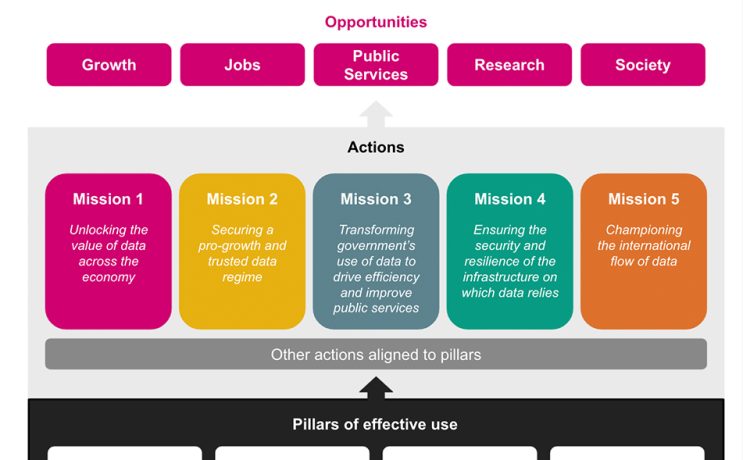The UK has some of the best industries for job growth and opportunities. These range from E-commerce to healthcare to manufacturing. Learn more about these industries and the job opportunities in these areas in this article.
E-commerce
The e-commerce sector is one of the fastest-growing industries in the UK. In fact, it has become a global leader in terms of market share. It is estimated that by 2026, the global e-commerce industry will have grown to $5.4 trillion.
E-commerce has become a mainstay in the retail world, and the demand for goods and services online is expected to continue to grow. However, in order to thrive in this sector, e-commerce businesses must provide a unique user experience that satisfies consumer demands.
There are two types of companies involved in the e-commerce sector: pure-play retailers, which sell products directly from their stores, and marketplaces, which compete by offering a larger range of categories.
Healthcare
One of the UK’s most robust industries is healthcare. In the past two years, it has become an essential part of the country’s economy and one of its most promising sectors for jobs and growth.
Healthcare services are delivered by healthcare providers, such as doctors, dentists and hospitals. These services include preventive, curative and rehabilitative care. Some healthcare providers also provide promotional care and palliative care.
HealthTech, or health technology, plays a key role in the delivery of healthcare. This industry is a mix of companies that produce devices and equipment and companies that do research. It also includes the makers of drugs. A major player in this industry is the biotechnology industry.
FinTech
The UK financial services sector is one of the most competitive in the world and is a strong contributor to GDP and the economy. It has a long history of innovation in financial services and continues to attract foreign investment. A robust FinTech sector is a major part of this strength.
FinTech is a fast-growing industry that is revolutionizing the financial sector. As a result, banks and other financial institutions are putting in billions of dollars into developing new technology and innovative products. This innovation has the potential to transform the industry and drive productivity.
One of the big trends is the increasing use of digital applications for payments. Nearly half of the UK population expects to use more contactless and mobile payments.
Creative Freelancing
The creative industries are one of the largest employers in the UK. Over 3.2 million jobs are held within these sectors. However, there are fears that they could soon be under threat.
The Department for Digital, Culture, Media and Sport estimates that 16% of the UK’s workforce is freelance. Freelancers are an important part of the creative industry. They help to drive innovation and efficiency.
The UK’s creative industries are under threat from several factors. First, the recent pandemic has cost 406,000 creative jobs. In addition, the UK has entered a recession. It’s also likely that Brexit will disrupt trading opportunities in the creative industries.
In order to support the UK’s emerging creative talent, a number of government initiatives are underway. These include a flexi-job apprenticeship scheme. This allows apprentices to gain experience across different creative sectors.
Manufacturing
The UK manufacturing industry is one of the most important industries for jobs and opportunities in the country. It contributes around PS150 billion to the economy each year. In addition, it has a large proportion of high-quality jobs, which are paid a lot more than the average.
According to the Manufacturing Performance Index (PMI) by the Institute for Manufacturing, the sector grew at an annual rate of 3.6% in the first quarter of this year, outpacing expectations and the previous quarter’s growth. This is the highest manufacturing PMI in more than two decades.
The manufacturing industry accounts for around 11% of the nation’s GDP. This figure is lower than the percentage of GDP it contributed in the 1970s, but it is still the ninth largest in the world.
Covid-19
As the COVID-19 pandemic continues to spread, the economic impact on the workforce will be a long and difficult road ahead. Governments around the world must do everything possible to bridge the gap, including rebuilding their workforce and retooling it in ways that point to a brighter future.
While the CDC has reported a decrease in COVID-19 infection rates in some countries, other countries are still struggling to control it. In a few cases, it has caused millions of job losses. There are also concerns that it will cause widening inequalities and increase poverty.
Although the impacts of the COVID-19 pandemic on labor markets have been profound, the majority of businesses have remained operational. However, there have been some temporary closures. The most common reasons for closing were employee health and demand reductions.





